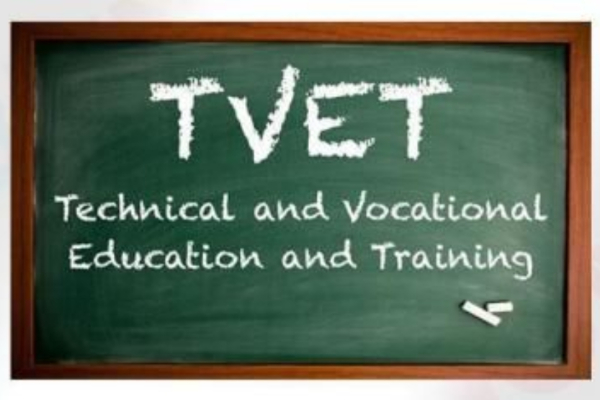TVET skilling can help foster peace, rural development

Sustainable development and economic prosperity are impossible to achieve in Africa without lasting peace. As observed in the African Union’s 2016 Lusaka Master Roadmap to Silencing the Guns, most crises and violent conflicts in Africa are driven by poverty, economic hardships, inequality, and marginalisation, with climate change acting as a multiplier.
As Horace Mann pointed out in 1848, education is the greatest equaliser. Indeed, technical education offers a plausible pathway out of global sustainability challenges including fostering peace and rural development.
With the establishment of technical institutions in each of Kenya’s 290 constituencies through the enactment of the TVET Act 2013, can TVET skilling contribute to peace and conflict resolution?
Technical institutions play a critical role in ending poverty, achieving Zero Hunger, and enhancing climate change adaptation and mitigation. Their impact extends across all 17 Sustainable Development Goals (SDGs). As I have written before in this column, every technical skill acquired in TVET institutions has a direct or indirect link to all SDGs.
In conversations with TVET trainers in regions that have experienced conflict, the potential of technical skilling for peace building becomes evident. Colleagues indicate that introduction of TVET institutions has led to a monumental mindset shift. Young people and women are taking up activities such as agriculture and irrigation to diversify their income streams from their pastoralism mainstay, thereby improving livelihoods.
This is not all. The introduction of basic competency units – such as communication skills, employability, and entrepreneurship – is essential in nurturing a culture of dialogue and peace among young people. The requirement of the Competence-Based Education and Training for trainees to spend over 50 percent of their time in industry and community projects further enhances peaceful coexistence, collaboration, and cooperation.
Imagine TVET trainees undertaking fieldwork in community development projects within perceived rival communities. Would this not foster a new understanding of different ways of life and cultivate a mindset focused on conflict prevention, management, and resolution?
But for TVET institutions to maximise their peace building potential, complementary infrastructure such as roads, energy, hospitals and other essentials must be developed alongside them. Improved infrastructure facilitates economic activities such as trade, which in turn enhances livelihoods while reducing poverty, inequality, and marginalisation.
In regions that have previously experienced conflicts, affirmative action policies should be introduced to encourage young people to enrol in TVET institutions. Sponsorship programmes and targeted recruitment efforts can help ensure that young people in these areas gain access to technical skills. Leveraging the influence of local and national leaders can further drive this initiative, creating a critical mass of skilled youth who can contribute to peace and economic transformation.
But changing the narrative concerning technical education and skills is necessary. This can be done by encouraging partnership between technical institutions, the private sector and rural communities. Imagine if trainees from technical institutions are coopted into projects that are being implemented in specific localities. Won’t this raise the visibility of TVET importance ?
By prioritising technical skilling as a peace building strategy, Kenya and Africa at large can unlock new pathways for economic empowerment, social cohesion, and long-term stability.
— The writer is a UN global food systems Youth Leader, Vocational and Technical Trainer, and Communication Consultant















